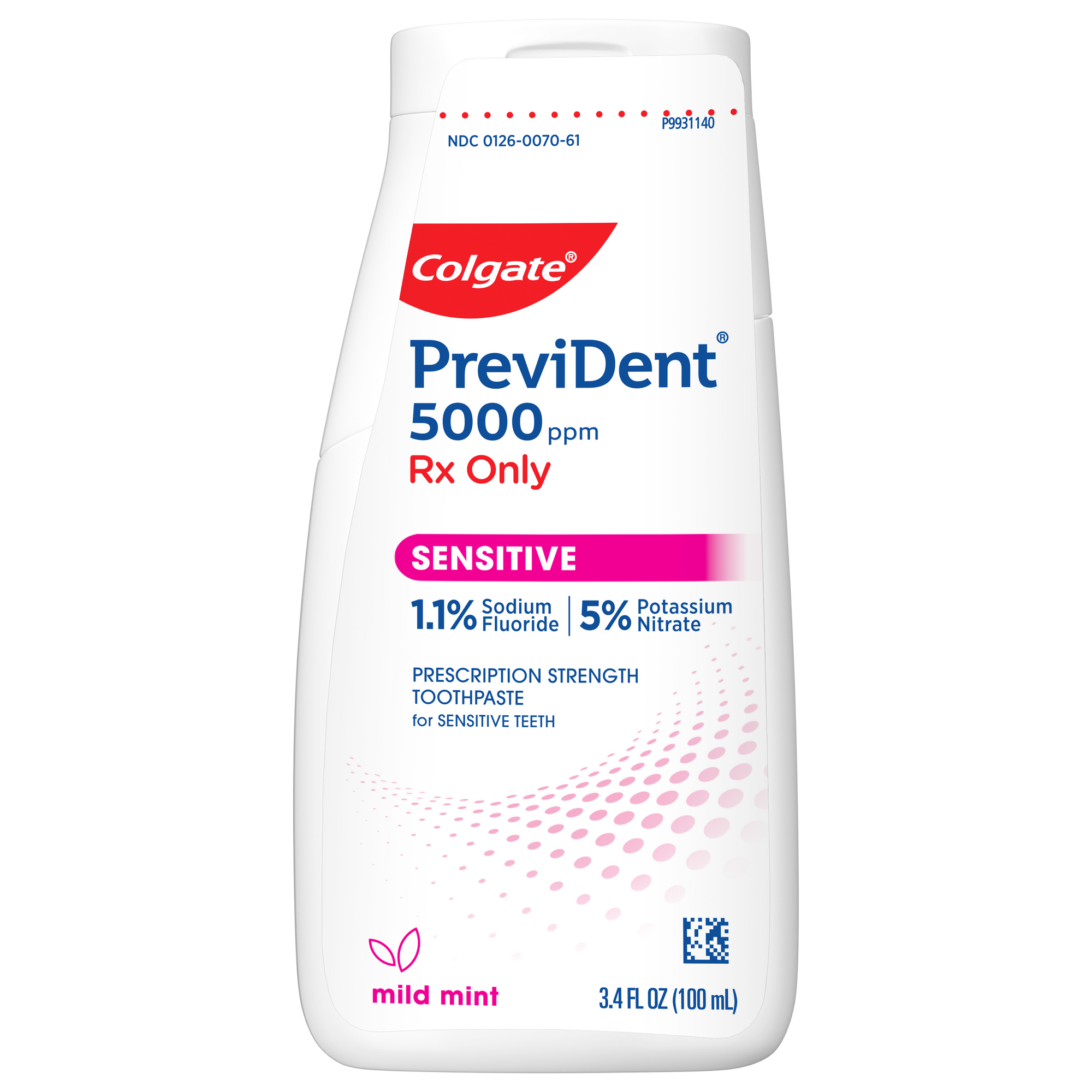What Is Sjögren's Syndrome?
Sjögren's syndrome is an autoimmune disease, which means the immune system mistakenly attacks your body's cells and tissues. With this condition, your immune system usually targets the mucous membranes and moisture-secreting glands in your eyes and mouth first. As a result, you have decreased tears and saliva.
Though scientists do not know the exact cause of Sjögren's syndrome, they have identified several risk factors. People over the age of 40 and women are more likely to develop Sjögren's syndrome. The disease also tends to accompany other autoimmune disorders, such as rheumatoid arthritis or lupus.
What Are Sjögren's Syndrome Symptoms?
Sjögren's syndrome symptoms can vary from person to person, but the two most common include:
- Dry mouth. The lack of saliva can make it difficult to chew, speak, or taste. It can also lead to mouth sores and tooth decay.
- Dry eyes. The lack of tears can cause your eyes to burn, itch, or feel gritty. It can also lead to light sensitivity, blurred vision, and corneal damage.
Sjögren's syndrome can also impact other areas of your body — such as joints, thyroid, kidneys, liver, lungs, skin, or nerves — causing you to experience:
- Muscle aches
- Joint pain
- Fatigue
- Neuropathy
- Liver, lung, or kidney dysfunction
- Lymphoma
How Are You Diagnosed With Sjögren's Syndrome?
Because the symptoms vary so greatly and mimic symptoms of other conditions and medications, it's often difficult to diagnose Sjögren's syndrome. Specific tests can help rule out other conditions and accurately diagnose Sjögren's syndrome, including:
- Blood tests. Your physician might order tests to check for the presence of certain antibodies, evidence of inflammatory conditions, or problems with your liver or kidneys.
- Eye tests. An ophthalmologist can perform a Schirmer tear test to measure the dryness of your eyes. They can also examine the surface of your eyes and determine if there has been any damage to the cornea.
- Imaging tests. Special imaging tests like X-rays can check the function of your salivary glands.
- Biopsy. Your physician can perform a lip biopsy to detect the presence of inflammatory cells that can indicate Sjögren's syndrome.
How Do You Treat Sjögren's Syndrome?
Though Sjögren's syndrome currently has no cure, many effectively manage their symptoms through lifestyle changes and medication. Because everyone experiences Sjögren's syndrome differently, medical providers focus on addressing the symptoms individually. Treatments can include over-the-counter remedies — such as artificial tears for dry eyes — and sometimes immunosuppressive drugs for more severe organ problems.
Relieving Sjögren's Syndrome Oral Symptoms
To increase the production of saliva, your physician might prescribe drugs like pilocarpine and cevimeline. You can also try some of these lifestyle changes and home remedies for dry mouth:
- Quit smoking. Smoking irritates your mouth and inhibits your saliva production.
- Drink more water. Taking sips of water throughout the day can help ease dry mouth symptoms. Beverages like coffee or alcohol can worsen dry mouth symptoms, so trade those in for a glass of water.
- Boost saliva flow. Chewing on sugar-free gum or sucking on sugar-free hard candy can help stimulate saliva flow.
- Use artificial saliva. Saliva replacement products — such as sprays or lozenges — contain a lubricant that can help your mouth stay wet longer.
Because dry mouth increases your risk for oral health problems, such as tooth decay and loss, implement a strong oral hygiene routine to keep your mouth healthy and happy. This includes:
- Brushing your teeth twice a day with fluoride toothpaste.
- Cleaning between your teeth daily with floss or other interdental devices.
- Limiting sugary snacks and beverages, especially between meals.
- Regularly visiting the dentist and dental hygienist for exams and treatment.
If you consistently deal with dry mouth and eyes, don't ignore your symptoms. Talk to your dentist about identifying the root cause and finding relief. If you are diagnosed with Sjögren's syndrome, your team of medical professionals can help you manage your symptoms and maintain both oral and overall health.
This article is intended to promote understanding of and knowledge about general oral health topics. It is not intended to be a substitute for professional advice, diagnosis or treatment. Always seek the advice of your dentist or other qualified healthcare provider with any questions you may have regarding a medical condition or treatment.
ORAL HEALTH QUIZ
What's behind your smile?
Take our Oral Health assessment to get the most from your oral care routine
ORAL HEALTH QUIZ
What's behind your smile?
Take our Oral Health assessment to get the most from your oral care routine







.jpeg)







